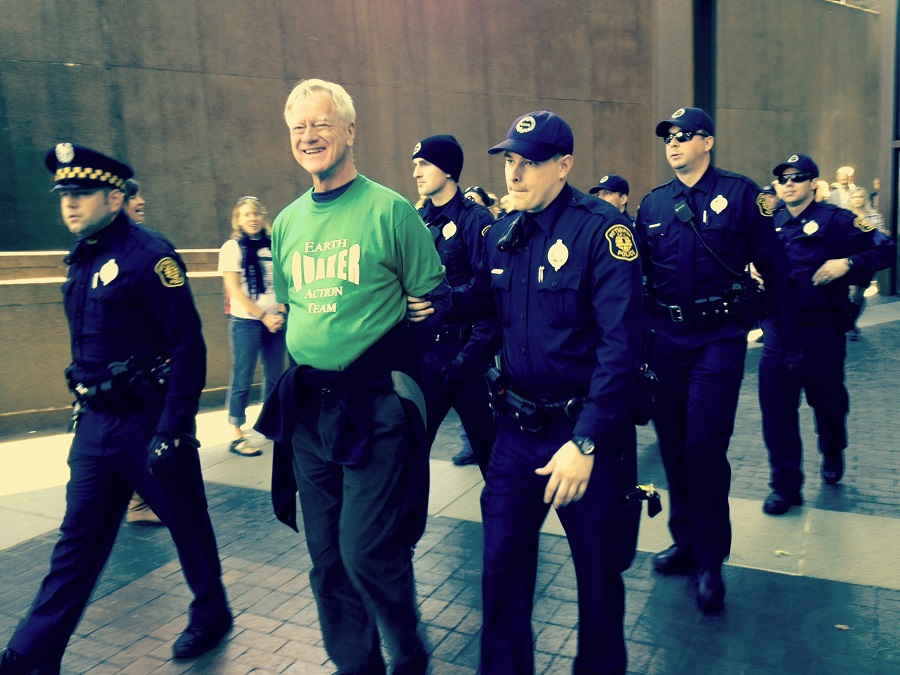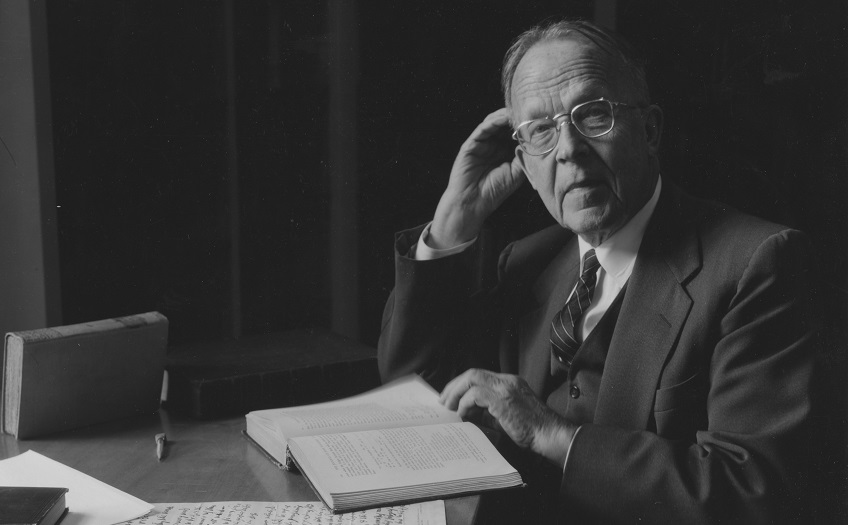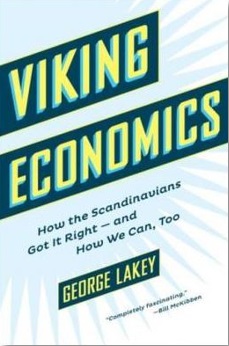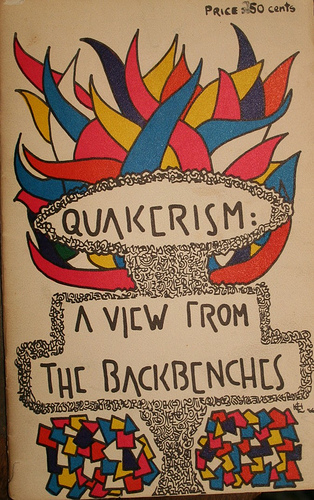
George being arrested at an action for Earth Quaker Action Team, 2013. courtesy of George Lakey
This is the third post in a three-part series from my conversation with Quaker author, activist, and educator George Lakey. The transcript has been lightly edited for clarity and length. Click here for part 1, and here for part 2. George has spoken to the blog before about his journey to Quakerism, which you can read here.
Emily McGrew (EM): How have you seen Quakerism change since you've been a Quaker?
George Lakey (GL): Way less direct speech. I was astonished when I first hung out with Friends. It took me a while to sign up. I was very observant, and when I heard Quakers address each other it was very pow-pow-pow, very direct, very clear, not nicey-nice, and that was the reigning communication style. That's quite a change from that [to now], to what I think of as the middle-class captivity of politeness.
We've lost our Republicans! [laughter]. There are entire monthly meetings where there's not a Republican to be found, or if they are they're in the closet. That's a loss, because there was more ideological diversity. When I was checking out the Society of Friends, not only were there Republicans, there were also communists, there was a way bigger political spectrum. I think we've gotten much more homogenous, which is a reduction of our strength, in terms of political ideology.
[There was] much more acceptance of leadership. People regarded themselves as being on a kind of talent hunt. Scanning the Society of Friends, and young Friends and people coming out of Friends' schools, part of what you looked for was leadership potential and [there was] tremendous investment in that. I can't tell you how many times, because I was one of those who was spied when I was 21 or 22, I'd be taken off to lunch after meeting by somebody I never met before [laughter] and they were checking me out more. So much of that nurturing and empowering of people who seemed to be diamonds in the rough, and supporting them.

The Service Committee also, in its programmatic development, was very influenced by “who's got a vision around here?” Staff, for example, they were expected to be talent scouts. They'd run into somebody who might be kind of quirky, but seemed to have a vision, and they would cultivate them, see if people could even stand to be with them in the room, and what was the quality of this vision? If they looked like they had it, bam! They got hired and supported to run with it for one year and see how it goes.
There's an entrepreneurial term, incubator, there's a lot of small business incubators. AFSC was a concern incubator. In the artistic world, it's Provincetown or New Hope or Greenwich Village, these places where artists come and develop. In the Quaker world, it's AFSC, where all these quirky entrepreneurs come and we give them their chance to fly. That's not the only way to do things, I understand, but being a visionary, I totally love it, I'm very biased.
It took a hit, partly because of bureaucratization needs, but also because there was a whole anti-leadership impulse in the activist culture that happened so strongly in the ‘70s and ‘80s. Leveling, no one should be better than anyone else, hierarchy is horrible, stuff like that. The group that I catalyzed, Movement for a New Society, got very addicted to that, “nobody should stand out,” sort of thing. The Service Committee was influenced by that as well.
That's associated with the decline of vision in the Society of Friends, because if you don't have cultivation of individuals who do that kind of thing, not just cultivation but resonance with them, then it doesn't become a collectively joined process. It's almost as if, "Lucretia Mott, will you please shut up? Enough already with this abolition! If we've heard you once we've heard you a thousand times! Enough, enough!" She was in my meeting [Central Philadelphia Monthly Meeting], not very much appreciated.
EM: I'd like to talk about your new book, Viking Economics. There's already a post on the blog where you get into some of the meat of what the book is about. I want to know what you're hoping specifically Quakers will get out of reading this book.
 GL: Well, I would love it if Quakers used this as an excuse to get back to vision. I know the Quaker Institute for the Future has been working on vision, but there hasn't been a lot of visionary stuff. And considering the legacy of William Penn, some of the prison work, and the York retreat, the first psychiatric retreat in Britain… We have a really visionary legacy. But for the last 30 years, I've been challenging Quakers to be more visionary again.
GL: Well, I would love it if Quakers used this as an excuse to get back to vision. I know the Quaker Institute for the Future has been working on vision, but there hasn't been a lot of visionary stuff. And considering the legacy of William Penn, some of the prison work, and the York retreat, the first psychiatric retreat in Britain… We have a really visionary legacy. But for the last 30 years, I've been challenging Quakers to be more visionary again.
I think one of the reasons this country lost its way is that it turned its back on vision. George H.W. Bush referred publicly to "This vision thing...” [laughter] A long way from J.F.K.'s approach, which was “let's go for something positive that we want to achieve.”
A lot of my work is addressed to Quakers, really, because I have such a strong identity with Friends. I would love Friends to engage with this book and be renewed in our confidence that it is possible for people to have vision and not just as imaginary constructs or "Wouldn't it be nice if…” William Penn didn't say, “Wouldn't it be nice if there were a place in America where people could go and experience freedom of religion?” He actually built it. That sense of agency with vision is what I want Friends to get from the book.
EM: This ties into another question I have, about what your dreams or your hopes for the future of Quakerism are. What does the picture look like down the road, for Quakers?
GL: I'm in print about this, [from] the early ‘70s or late ‘60s. My then-wife and I knew a lot of wonderful, sparkling, thoughtful Quakers, who, when we would run into them in their separate spots geographically, we'd have these great times with them and then the conversation would get to "These Quakers in my meeting… [grumble noise]." We thought, let's bring these people together, they'll love each other, the chemistry will be great … and then we were a working party. We created this wonderfully colorful, funny, funny [pamphlet], with cartoons, called, “Quakerism: A view from the back benches.”

It was part of a wave of such things, Presbyterians and all kinds of people, called the church renewal movement. Everyone was trying to think, “What was our legacy, how did we lose it, how can we renew it?” We were critters of our time, calling Quakers to renewal.
I haven't changed much of anything in terms of content, in what I want. It's a return to the prophetic legacy, which was the 17th century Quaker contribution big-time. Which is not to discount Lucretia Mott or any wonderful things that [have] happened since. It's just to say that every once in a while there are individuals and organizations who are bright spots in Quakers’ centuries of history, but that there was a time when, collectively, we were on fire. That's where the evangelical part of me comes out. I would like an evangelical Quakerism that's out to right the world.
That's one reason we started Earth Quaker Action Team (EQAT). There are other outlets for environmental work, but we thought, "No, there's value added when Quakerism, rightly construed or rightly practiced, is put into the mix of social change and social movements." Quaker Earthcare Witness puts out a sheet with thought pieces, and after we started EQAT they asked me to write what I thought we were up to with EQAT. I said, informing EQAT, we decided to take charge of our culture, to be critical of the culture at the same time as we were trying to be true to the legacy. We were trying to highlight habits that we do not want to bring into EQAT, Quaker habits like conflict avoidance. [It’s] such a Quaker habit, and it's such a crock of s*** in terms of spiritual being. Spirit is not about avoidance of conflict!
Related Content:
George Lakey's prophetic life, part 1: Fear is not there to be enjoyed
George Lakey's prophetic life, part 2: Liberation for all
Extraordinary political opportunity for Quaker legacy of vision